
BBC One
Featured Show:
Meet the Wife
Meet the Wife is a 1960s BBC situation comedy written by Ronald Chesney and Ronald Wolfe, which featured Freddie Frinton as Freddie Blacklock with Thora Hird as his tyrannical wife, Thora. It ran to five series. The series was based on a 1963 BBC television Comedy Playhouse production, "The Bed". The theme tune was by Russ Conway and incidental music by Norman Percival and later Dennis Wilson. The producers were John Paddy Carstairs and later Robin Nash. The Beatles song "Good Morning, Good Morning" on Sgt. Pepper's Lonely Hearts Club Band includes the lyric "It's time for tea and Meet the Wife".
BBC One TV Shows
2485 shows • Page 111 of 125

Meet the Wife
Meet the Wife is a 1960s BBC situation comedy written by Ronald Chesney and Ronald Wolfe, which featured Freddie Frinton as Freddie Blacklock with Thora Hird as his tyrannical wife, Thora. It ran to five series. The series was based on a 1963 BBC television Comedy Playhouse production, "The Bed". The theme tune was by Russ Conway and incidental music by Norman Percival and later Dennis Wilson. The producers were John Paddy Carstairs and later Robin Nash. The Beatles song "Good Morning, Good Morning" on Sgt. Pepper's Lonely Hearts Club Band includes the lyric "It's time for tea and Meet the Wife".
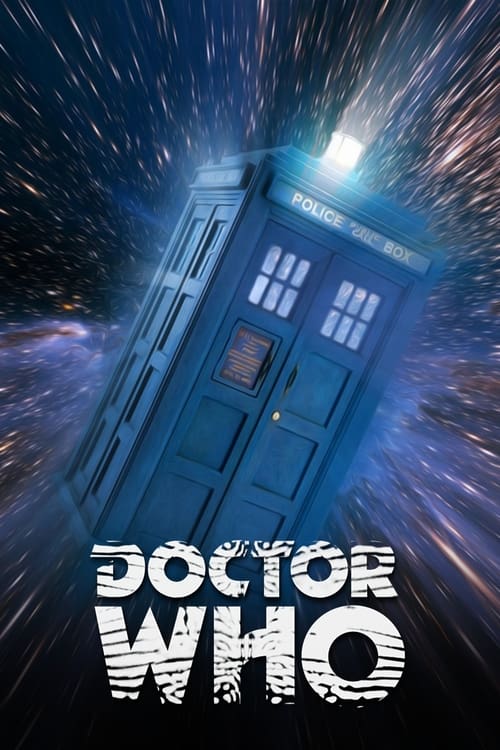
Doctor Who
The adventures of The Doctor, a time-traveling humanoid alien known as a Time Lord. He explores the universe in his TARDIS, a sentient time-traveling spaceship. Its exterior appears as a blue British police box, which was a common sight in Britain in 1963 when the series first aired. Along with a succession of companions, The Doctor faces a variety of foes while working to save civilizations, help ordinary people, and right many wrongs.
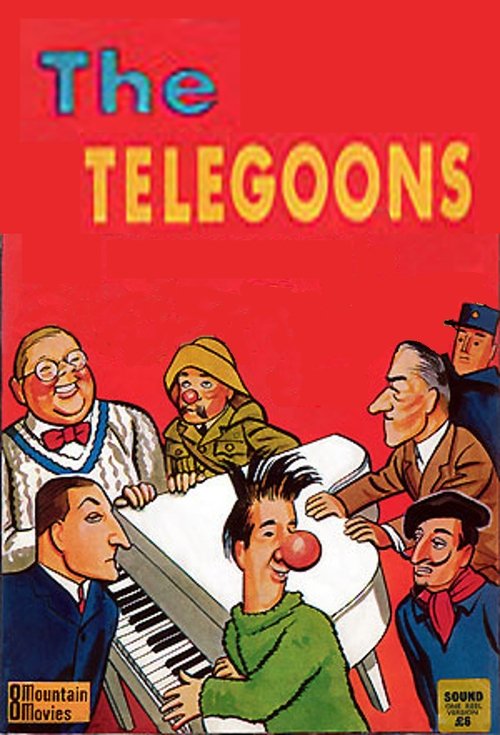
The Telegoons
The Telegoons is a comedy puppet show, adapted from the highly successful BBC radio comedy show of the 1950s.
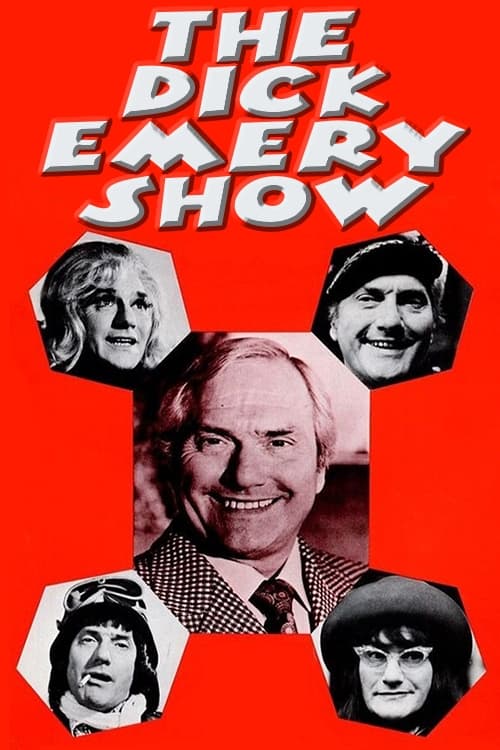
The Dick Emery Show
A British sketch comedy show broadcast on the BBC from 1963 to 1981, with frequent performers including Pat Coombs, Deryck Guyler, Roy Kinnear, Joan Sims and Josephine Tewson.
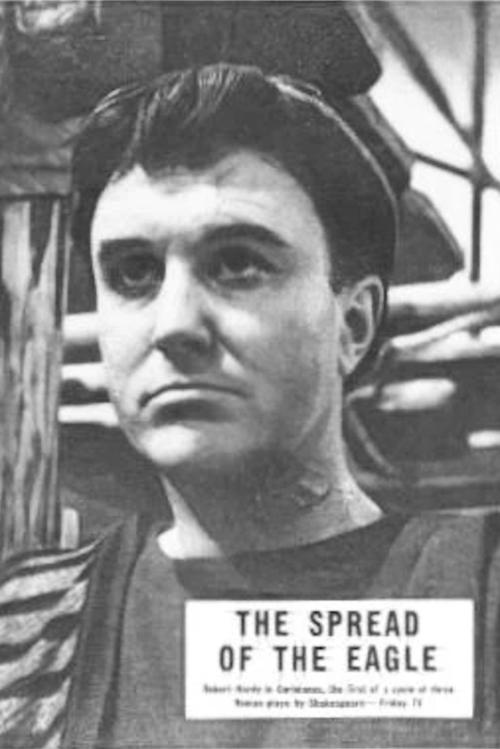 0
0The Spread of the Eagle
A nine-part serial adaptation featuring dramatisations of three of William Shakespeare's iconic plays: Coriolanus, Julius Caesar, and Antony & Cleopatra.
 0
0Adventure
Long-running travel programme
 0
0Password
Password was a panel game show based on the US version of the same name. It was orginally aired on ITV produced by ATV from 12 March to 10 September 1963 hosted by Shaw Taylor, then it aired on BBC2 from 24 March to 28 April 1973 hosted by Brian Redhead before moving to its flagship channel BBC1 from 7 January 1974 to 1976 first hosted by Eleanor Summerfield then by Esther Rantzen, it was then aired on Channel 4 produced by Thames from 6 November 1982 to 14 May 1983 hosted by Tom O'Connor and then finally aired back on ITV produced by Ulster from 22 July 1987 to 5 August 1988 hosted by Gordon Burns.
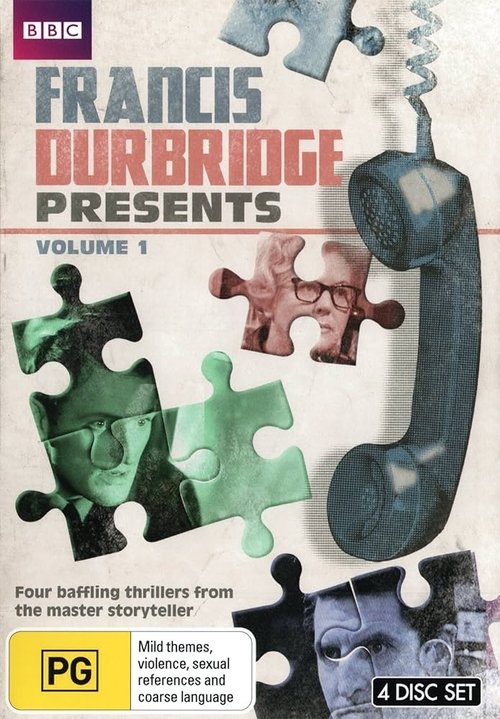
The Desperate People
Famous photographer Larry Martin receives a visit from his brother Philip, on leave from military service in West Germany. Philip is trying to find the wife of a deceased friend and his search takes him to Dublin. Sometime later, Larry learns that Philip never went to Dublin, but instead has disappeared.
 0
0Moonstrike
An anthology of self-contained stories about acts of resistance in occupied Europe during the Second World War. Producer Gerard Glaister drew upon his own wartime experiences, having served as a pilot in the RAF.

Tonight in Person
A series of weekly programmes presenting music in the folk idiom from many parts of the world.
 0
0The Old Curiosity Shop
A kindly shop owner has overwhelming gambling debts. These allow his greedy landlord to seize his shop of dusty treasures. Evicted and with no way to pay his debts, the shop owner and his granddaughter flee.
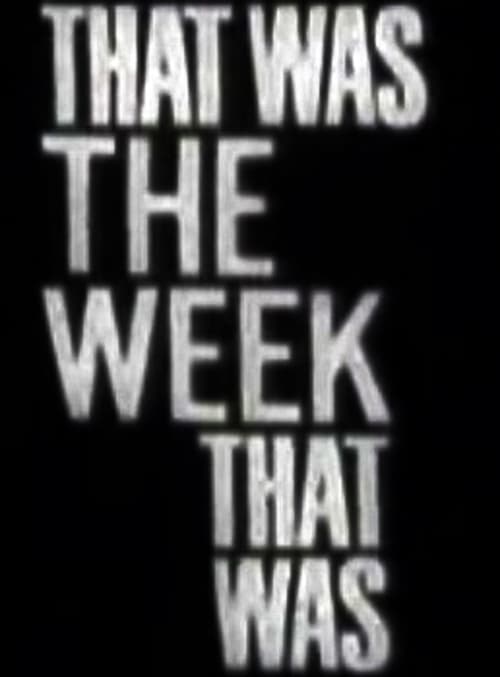
That Was The Week That Was
That Was the Week That Was, informally TWTWTW or TW3, is a satirical television comedy programme on BBC Television in 1962 and 1963. It was devised, produced and directed by Ned Sherrin and presented by David Frost. An American version by the same name aired on NBC from 1964 to 1965, also featuring Frost. The programme is considered a significant element of the satire boom in the United Kingdom in the early 1960s. It broke ground in comedy through lampooning the establishment and political figures. Its broadcast coincided with coverage of the politically charged Profumo affair and John Profumo, the politician at the centre of the affair, became a target for derision. TW3 was first broadcast on Saturday 24 November 1962.

In View
Documentary series for viewers in the South and West of England.
 0
0BBC Spotlight
Spotlight is the BBC's regional news programme for the southwest of England, covering Cornwall, Devon, southern and western Somerset, western Dorset and the Channel Islands. There is also a special version of the programme for viewers in the Channel Islands. The main version of the programme broadcasts between 18:30 and 18:58 on weekdays, with shorter bulletins at other times. The programme can be viewed anywhere in the UK on Sky channel 967/968 on the BBC UK regional TV on satellite service. Its main competitors are ITV West Country's main evening programme ITV News West Country in Cornwall, Devon, southern Somerset and western Dorset and ITV Channel Television's main evening programme ITV News Channel TV in the Channel Islands. Spotlight is broadcast from BBC Broadcasting House in Seymour Road, Plymouth - this is the main headquarters for all BBC South West programming, on TV, radio and online. There are also smaller studios in Barnstaple, Exeter, Paignton, Taunton and Truro.
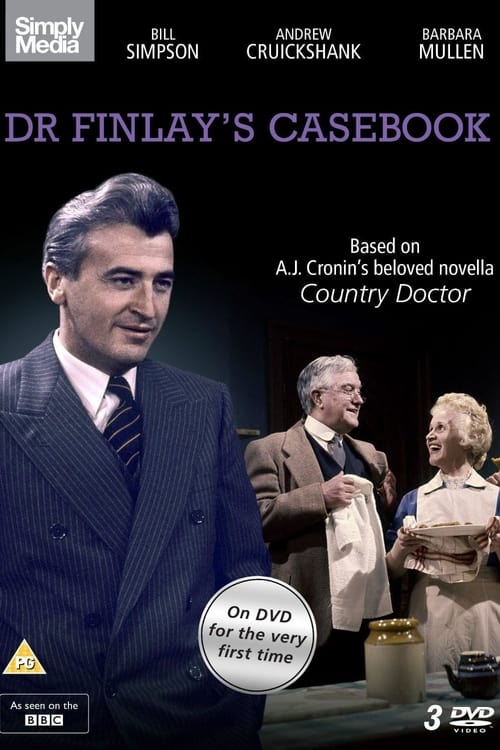
Dr. Finlay's Casebook
Dr Finlay's Casebook is a television series that was broadcast on the BBC from 1962 until 1971. Based on A. J. Cronin's novella ‘Country Doctor’, the storylines centred on a general medical practice in the fictional Scottish town of Tannochbrae during the late 1920s. Cronin was the primary writer for the show between 1962 and 1964.
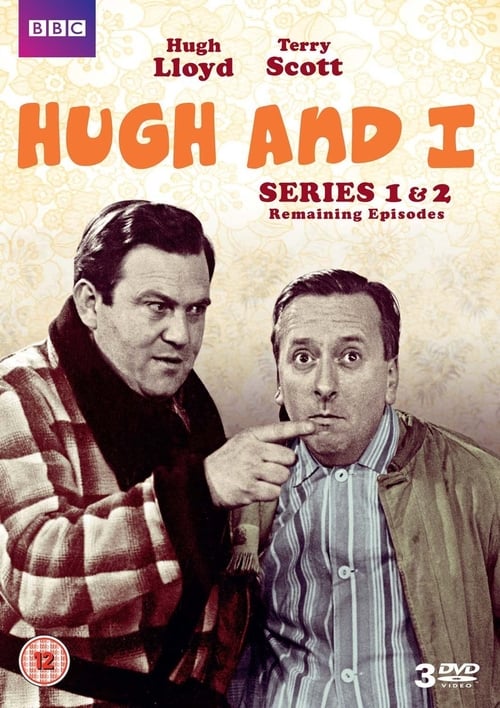
Hugh and I
Terry is a youngish bachelor who lives with his mother (Vi Stevens). He's a bit of a dreamer who wants to get rich as quickly and as easily as possible. Terry comes up with one grand "get rich quick" scheme after another, causing endless problems for himself and his friend, Hugh.

The Dark Island
The Dark Island is a six-part British television miniseries, produced by Gerard Glaister for the BBC. It premièred on 8 July 1962. It was later adapted for radio, which was transmitted in 1969. It was set on the Outer Hebridean island of Benbecula, though the majority of the series was filmed on South Uist.
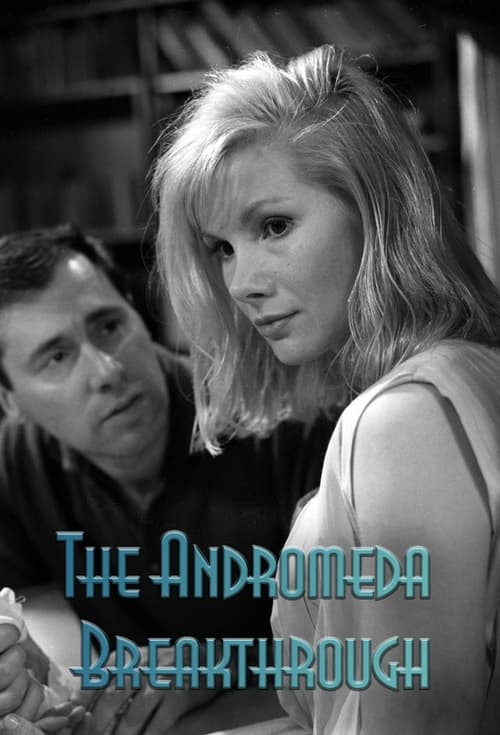
The Andromeda Breakthrough
The Andromeda Breakthrough was a 1962 sequel to the popular BBC TV science fiction serial A for Andromeda, again written by Fred Hoyle and John Elliot.
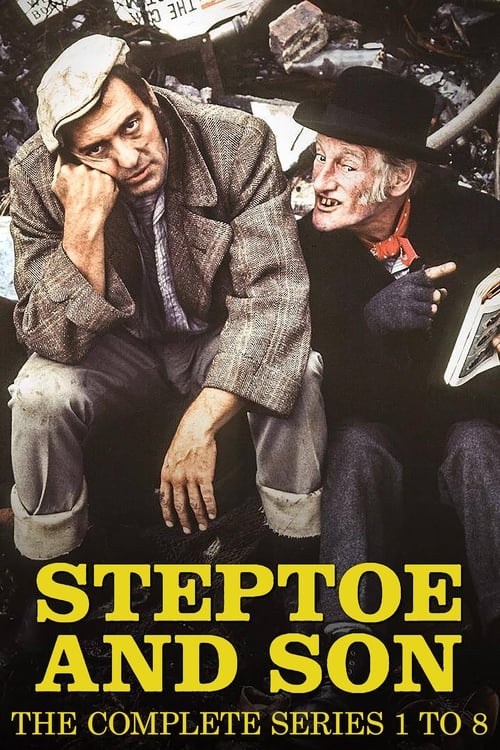
Steptoe and Son
Steptoe and Son is a British sitcom written by Ray Galton and Alan Simpson about a father and son played by Wilfred Brambell and Harry H. Corbett who deal in selling used items. They live on Oil Drum Lane, a fictional street in Shepherd's Bush, London. Four series were broadcast by the BBC from 1962 to 1965, followed by a second run from 1970 to 1974. Its theme tune, "Old Ned", was composed by Ron Grainer. The series was voted 15th in a 2004 BBC poll to find Britain's Best Sitcom. It was remade in the US as Sanford and Son, in Sweden as Albert & Herbert and in the Netherlands as Stiefbeen en zoon. In 1972 a movie adaptation of the series, Steptoe and Son, was released in cinemas, with a second Steptoe and Son Ride Again in 1973.

Compact
Compact was a British television soap opera shown by the BBC between 1962 and 1965. The series was created by Hazel Adair and Peter Ling, who together went on to devise Crossroads. In contrast to the kitchen sink realism of Coronation Street, Compact was a distinctly middle-class serial, set in the more "sophisticated" arena of magazine publishing. An early "avarice" soap, it took the viewer into the business workplace, and aligned the professional lives of the characters with more personal storylines. The show was scheduled for broadcast on Tuesdays and Thursdays, thus avoiding a clash with ITV's Coronation Street on Mondays and Wednesdays. When Compact began, the editor was a woman, Joanne Minster, yet it was not long before she was replaced by Ian Harmon, the son of the magazine's owner. Despite being largely criticised by reviewers, Compact was popular with the general public, and in 1964 a regular omnibus edition was introduced, broadcast on Sundays. Morris Barry, a some-time actor and BBC director – he directed several Doctor Who stories in the 1960s – took over as producer and was given a brief to spice the series up in view of the criticism it had received from the national press. But the BBC, never comfortable with the concept of soap opera, quietly dropped the series in 1965.